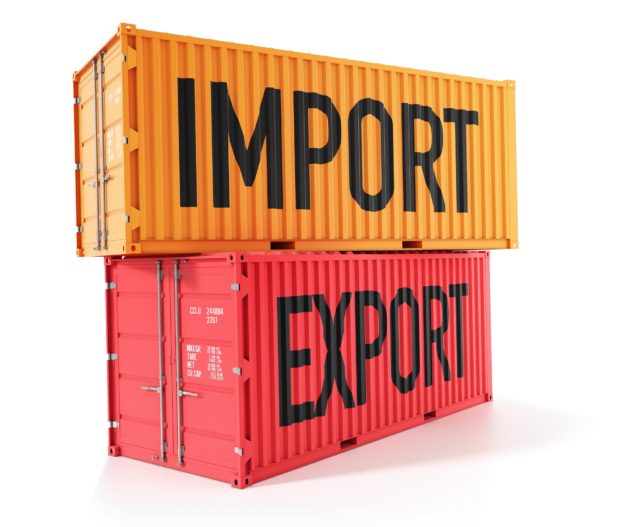On 5 March 2024, the Council and the European Parliament reached a provisional agreement on the prohibition of products derived from forced labour, as defined by the International Labour Organisation, and their export to third countries. The agreement introduces a series of changes specifying the responsibilities of the Commission and the competent national authorities in the investigation and decision-making process.
Inspired by Section 307 of the US Tariff Act, which gives US Customs and Border Protection the power to refuse entry into the United States of goods whose manufacture has involved the use of forced labour (Withhold Release Orders – WROs), this proposed Regulation authorises the supervisory authorities to penalise companies by ordering them to withdraw, at their own expense, goods produced using forced labour that they have sold on the European market.
Various elements of the provisional agreement between the two institutions should be mentioned here:
- A database will be created by the Commission detailing verifiable and regularly updated information on the risks associated with forced labour, including reports from international organisations such as the International Labour Organisation.
- This agreement implements various criteria that the Commission and national authorities must apply when assessing the likelihood of a breach of the Regulation:
- The extent and severity of alleged forced labour, including whether forced labour imposed by a State can be a cause for concern;
- The quantity or volume of products placed or made available on the EU market;
- The proportion of the final product that is likely to be the result of forced labour;
- The proximity of economic operators to the risks of presumed forced labour in their supply chain, and their scope for action in response.
Guidelines published by the Commission will make it possible to inform and help economic operators and Member States to comply with the requirements of the regulation, as well as good practices to remedy forced labour.
- On the basis of these data, the authorities will open an investigation if there is reasonable evidence to suggest that a product has been produced using forced labour. The Commission will lead investigations outside EU territory. Where the risks are located on the territory of a Member State, the competent authority of that State will lead the investigations. Similarly, if the competent authorities, in the course of assessing the likelihood of violations of the Regulation, discover new information concerning suspected forced labour, they must inform the competent authorities of the other Member States, provided that the suspected forced labour takes place on their territory.
- Economic operators may be heard at all stages of the investigation, and relevant information may be taken into account.
- The decision to ban, withdraw or decommission a product produced using forced labour will be taken by the authority that conducted the investigation. In addition, the agreement specifies that when a component of a product has been found to be in breach of the regulation because it has been produced using forced labour, the obligation to take the product out of circulation applies only to that component and not to the entire product.
This Regulation strengthens the scope of the proposed Directive on corporate sustainability due diligence by obliging companies to ensure that their supply chain is free from forced labour.
In doing so, it is helping to complete the legislative framework for corporate social responsibility, as illustrated by the Corporate Sustainability Reporting (CSRD) and Corporate Sustainability Due Diligence (CSDD) directives.
Our DS team in Brussels and Paris works closely with our clients on this issue. We remain at the disposal of any company wishing to defend its rights and interests regarding forced labour.
Link to the Council of the European Union press release: Council and Parliament reach agreement on ban on products of forced labour
Link to the provisional agreement between the Council and the Parliament: Proposal for a Regulation of the European Parliament and of the Council on the prohibition of products of forced labour on the EU market
For further information, please contact our team at dscustomsdouane@dsavocats.com.

